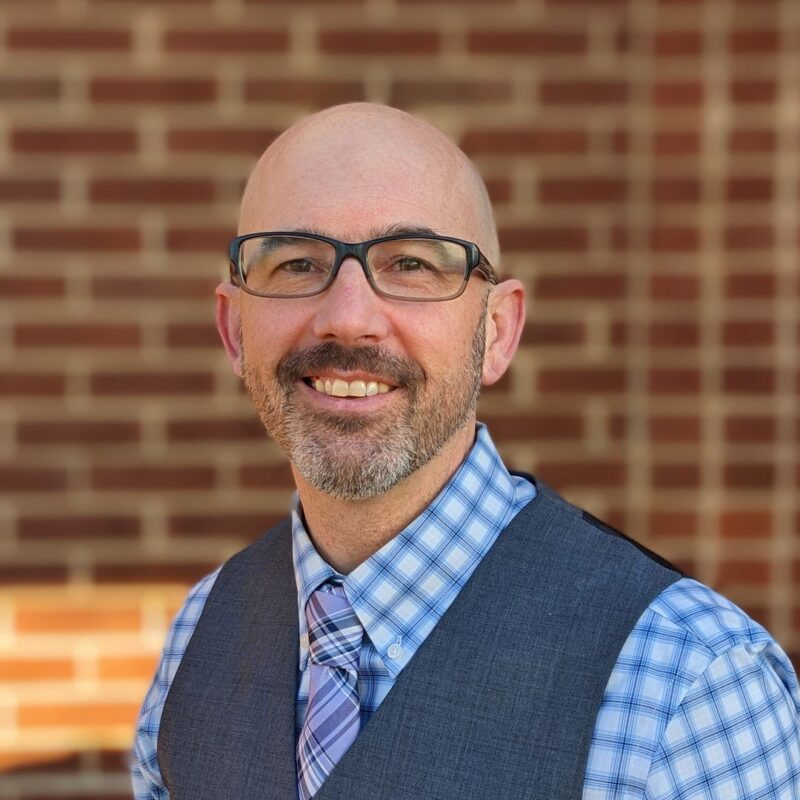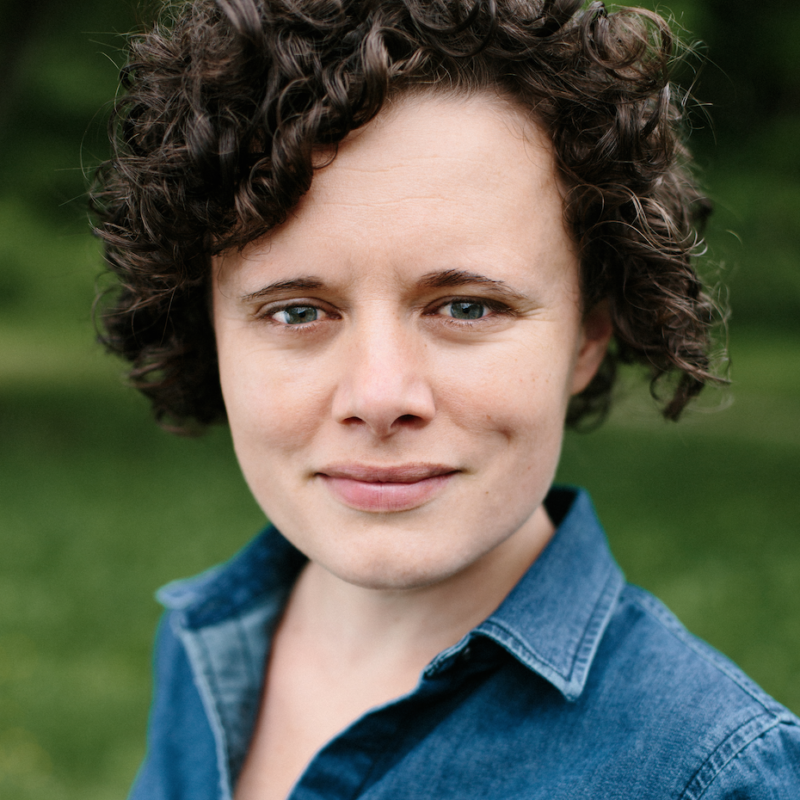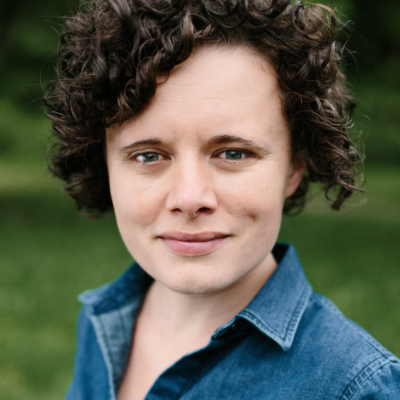The item on the consent agenda for City Council’s July 30 meeting doesn’t seem to warrant much notice: "Appropriation: $439,000—Transfer from Housing Initiatives Fund to Piedmont Housing Alliance/Habitat for Humanity." At every meeting, money, much of it in the hundreds of thousands of dollars, gets shuffled into and out of city coffers, and Council this year has significantly upped the amount of money to address affordable housing.
 Satyendra Huja, who formerly ran the city’s Neighborhood Development Services, set up an affordable housing fund that only a few nonprofits knew that they could apply for. |
What is special about the "Housing Initiatives Fund" is that up until a month ago, only a handful of groups knew that the fund existed, much less how to apply for it. Started several years ago by the former director of strategic planning for the city’s Neighborhood Development Services (NDS), Satyendra Huja, the fund has continued to be part of the city’s capital budget, currently to the tune of $250,000 from now until at least 2012. Proposals were made to staff and forwarded to City Council on an "as received" basis. The fund’s existence was never advertised, and there was no formal application.
No one disputes that the fund serves a noble purpose: Nonprofits and others interested in preserving affordable housing could quickly access the fund if the opportunity to buy property J arose or a project needed a jolt of cash to stay afloat.
The problem is that only certain organizations have known about it. During Huja’s time, Piedmont Housing Alliance (PHA) was the primary beneficiary, though the Virginia Land Company, a private developer, also accessed the money, according to current NDS director Jim Tolbert. Huja serves on PHA’s Board of Directors, and reportedly was at the time, though calls to Huja were not returned by press time. Since Tolbert took charge, Habitat for Humanity’s local chapter has also accessed the money, described informally by multiple sources as "Huja’s slush fund."
The fund became more widely known at a June 21 city housing advisory committee meeting. Teresa Tapscott, executive director of Albemarle Housing Improvement Program (AHIP), was among those committee members who had never known of the fund.
"I thought everybody knew about it," says Overton McGehee, executive director of Habitat, and also a committee member. "We certainly would have mentioned this to [AHIP] if we knew they hadn’t known about it."
"Nobody is trying to do anything backhanded, deal-making in the background of a smoke-filled room," says Stu Armstrong, executive director of PHA. "I usually would just bring my proposals to city staff, is what I’ve done now for 10 years, and they would take them to City Council. There would be public discussion, usually two or three months in a row, and if anybody was against them, then they would say it."
 City Councilor Dave Norris says, "[The fund] can’t be only available to groups that happen to be the favorites of whoever happens to be administering the fund. |
"There was no controversy about the projects themselves—it had more to do with the process," says Dave Norris, city councilor and committee member. "It was very troubling to those of us in the room."
On July 5, the housing advisory committee approved temporary guidelines so that PHA’s and Habitat’s requests could go through, and made plans to draw up a more formal process.
"They should not make it so rigid that they watch the preservation of affordable housing dissipate within our community," Armstrong cautions. "Shame on us, as a community, if we allow a bureaucratic process to allow properties that are at-risk to become market rate versus affordable. The reality of our world is we are working in a real marketplace called real estate, and that’s something that can be volatile, and doesn’t necessarily sit around and wait for government to make a decision."
"There’ s something to be said for having a flexible pot of money available for projects as they arise," says Norris. "What we insisted upon at that meeting was, there has to be criteria, there has to be a process for applying for the funds. It can’t be only available to groups that happen to be the favorites of whoever happens to be administering the fund."
Tapscott agrees that flexibility in the way money is accessed and spent is an important thing, but says, "There are lots of organizations, such as JABA [Jefferson Area Board for Aging], AHIP, Region Ten and other organizations, that have those opportunities [to buy property] as well, and when you just have a select few organizations knowing of the existence of that money, I’m sure that all of those groups at one time or another could have used some easy-to-access cash. I think we’re headed in the right direction now that all the cards are out on the table."
C-VILLE welcomes news tips from readers. Send them to news@c-ville.com.





